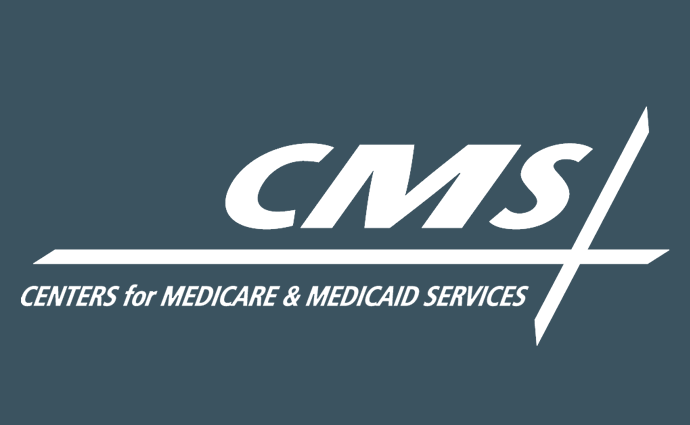CMS Relaxes Quality Reporting for Value-Based Purchasing Models
Due to COVID-19, the agency extended quality reporting deadlines for the MIPS, MSSP, and other key value-based purchasing programs for hospitals and post-acute care.

Source: Centers for Medicare & Medicaid
- Providers participating in some of Medicare’s largest value-based purchasing models will have some flexibility with quality reporting due to the ongoing COVID-19 pandemic, CMS announced last week.
In the March 22 announcement, the federal agency reported that it will extend the quality reporting deadline for 2019 data submission to the Merit-Based Incentive Payment System (MIPS) to April 30, 2020, from March 31, 2020.
MIPS is a value-based purchasing track under the Quality Payment Program. The track reimburses 1.2 million physicians and other eligible clinicians based on the quality and costs of care rendered rather than the volume of services provided.
MIPS eligible clinicians who have yet to submit any quality and cost data to the program by April 30, 2020, will not be penalized, CMS said citing the COVID-19 pandemic. Instead, they will qualify for an “automatic extreme and uncontrollable circumstances policy and will receive a neutral payment adjustment for the 2021 MIPS payment year.”
According to the announcement, the same quality reporting and incentive payment flexibility will apply to Medicare’s flagship accountable care organization (ACO) initiative: the Medicare Shared Savings Program (MSSP).
Additionally, CMS granted quality reporting flexibility for a wide range of value-based purchasing programs for hospitals and post-acute care providers by making quality reporting optional for the fourth quarter of 2019 (October through December), as well as the first two quarters of 2019 (January through March, and April through June)
CMS also will not use data from Jan. 1, 2020, through June 30, 2020, to determine performance in its quality reporting and value-based purchasing programs.
The programs granted quality reporting flexibility include:
- Hospital-Acquired Condition Reduction Program
- Hospital and Skilled Nursing Facility Value-Based Purchasing Programs
- Hospital Readmissions Reduction Program
- Promoting Interoperability Program for eligible hospitals and critical access hospitals
- CrownWeb National ESRD Patient Registry and Quality Measure Reporting System
- End-Stage Renal Disease (ESRD) Quality Incentive Program
The flexibility will also be granted for Medicare Quality Reporting Programs for hospital inpatient and outpatient providers, inpatient psychiatric facilities, PPS-exempt cancer hospitals, ambulatory surgical centers, home health agencies, hospices, inpatient rehabilitation facilities, long-term care hospitals, and skilled nursing facilities.
“In granting these exceptions and extensions, CMS is supporting clinicians fighting Coronavirus on the front lines,” CMS Administrator Seema Verma said in the announcement. “The Trump Administration is cutting bureaucratic red tape so the healthcare delivery system can direct its time and resources toward caring for patients.”
ACOs and other providers in value-based purchasing models have been calling on CMS to enforce the extreme and uncontrollable circumstances policy, which eases quality reporting requirements for providers in value-based purchasing models and prevents emergency situations from impacting incentive payment calculations.
CMS’ latest decision to enforce the policy is a step in the right direction, the American Medical Association (AMA) said.
“Physicians on the front line of this pandemic are grateful that CMS has eased Medicare reporting requirements, allowing clinicians to focus on patients,” Patrice A. Harris, MD, MD, president of the AMA, stated. “In the best of times, physician practices struggle to meet all the bureaucratic demands in the Medicare program. These are not the best of times.”
“CMS’ decision to offer relief from the submission demands in the Quality Payment Program will be felt immediately. Doctors don’t have much time to breathe a sigh of relief, but if they did, they would take a moment to thank CMS for this wise decision.”
The COVID-19 pandemic has impacted over 392,000 individuals worldwide, including 46,450 Americans, according to statistics curated by Johns Hopkins University at the time of publication.
Infectious disease experts expect those numbers to continue climbing, which could significantly impact healthcare spending and quality of care in the US.
